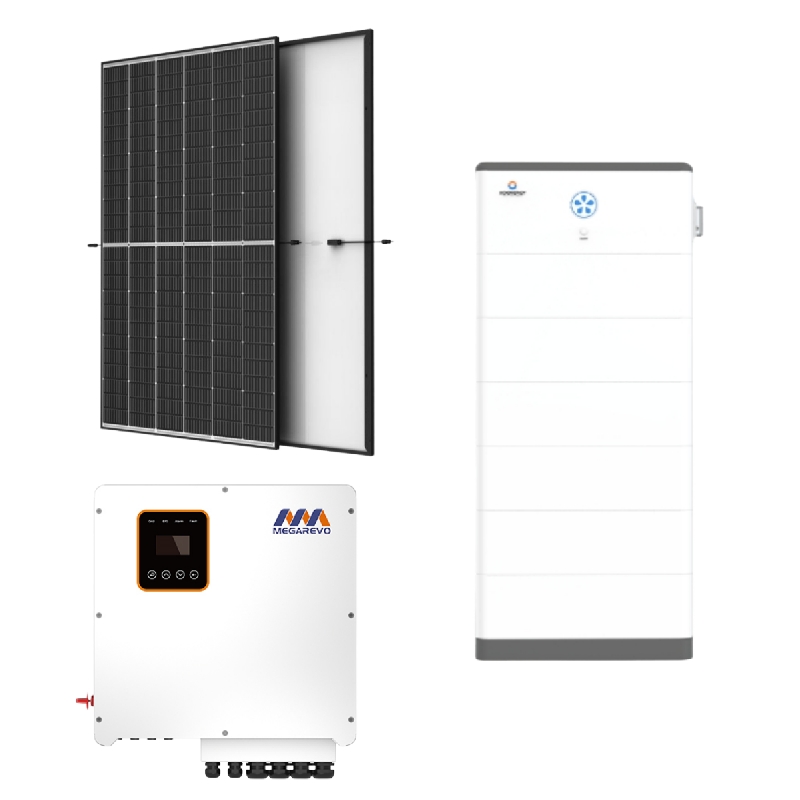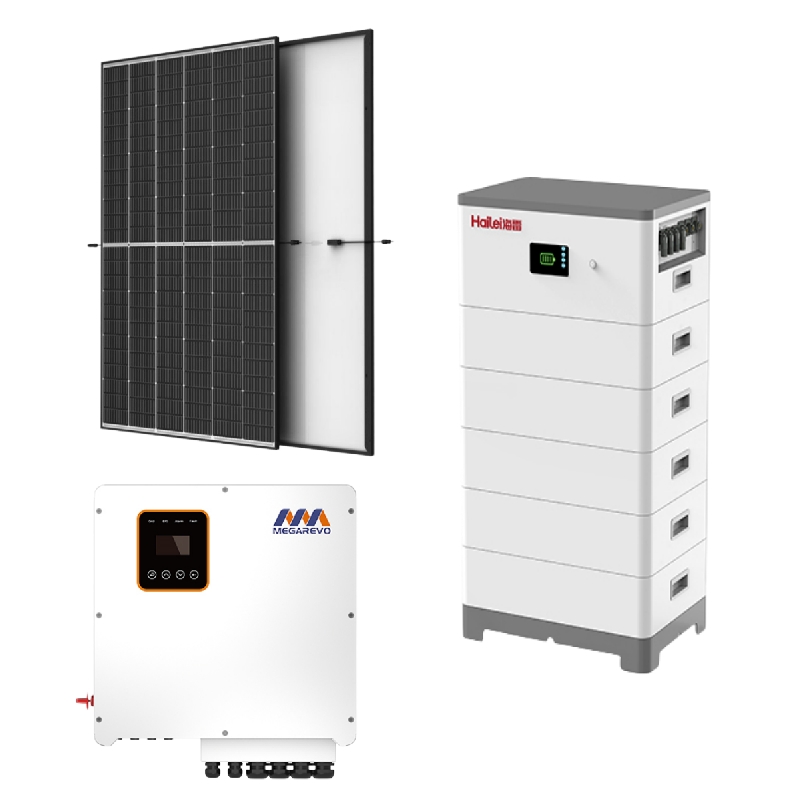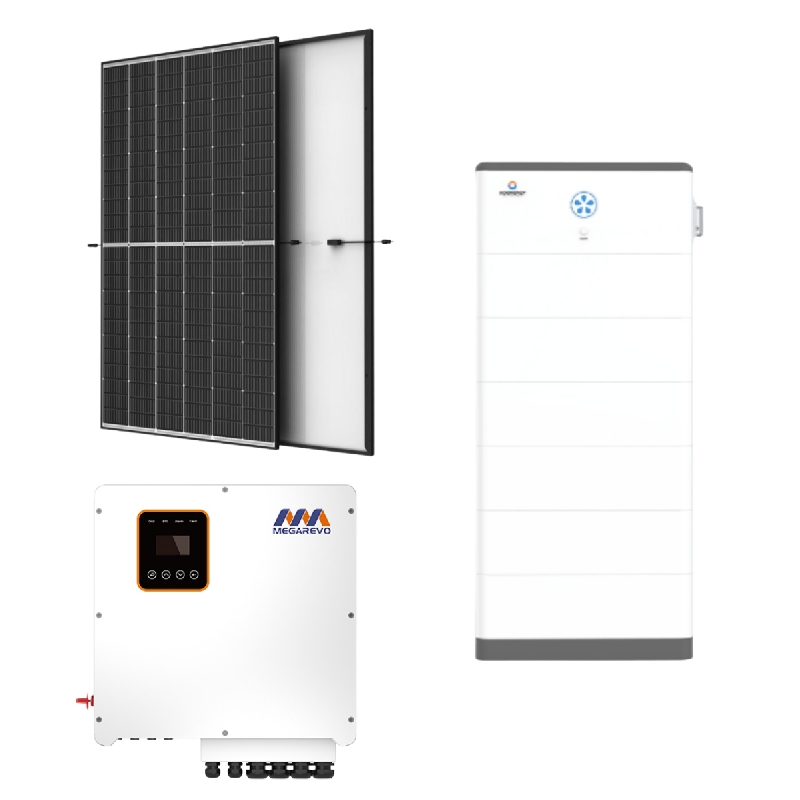Product Series
12KW Photovoltaic Kit Manufacturers
Welcome to Uni Z International B.V.
Uni Z International B.V. is committed to providing you with a full range of solar energy storage products and solutions. 12KW Photovoltaic Kit Manufacturers and 12KW Photovoltaic Kit Factory in China. We guide the industry and provide you with products at more favorable prices, more timely logistics and delivery, and more secure after-sales and technical support. We bring you one-stop solutions for smarter, more efficient and more reliable photovoltaic energy storage products.
We not only provide high-end solar energy storage products and technologies, 12KW Photovoltaic Kit Custom, but also provide you as an installer with comprehensive training and technical support.
At Uni Z International B.V., we not only provide products, but also seek to establish a long-term and close partnership with you. We look forward to working with you to meet the challenges and opportunities of the future of solar energy.Start your solar energy journey, choose Uniz Solar and move towards a cleaner, more sustainable future!

Contact us now
Read the latest news and stay updated on industry news, industry knowledge.
-
How to Set Up Solar Panels for an RV: A Practical Guide
Introduction to Solar Power for RVs Solar panels for RVs offer an eco-friendly and reliable power so...
-
How Do You Make Money From Solar Panels: Practical Strategies
How Do You Make Money From Solar Panels? Making money from solar panels is less about printing cash ...
-
How to Keep Snow Off Solar Panels: Practical Tips for Winter Care
Why Snow on Solar Panels Is a Problem When snow accumulates on solar panels, it can block sunlight f...
-
How to Build a Solar Farm: Requirements, Costs & Risks
What is the downside to solar farms? While solar farms provide significant benefits in terms of ren...


 0
0


 italiano
italiano Polskie
Polskie Nederlands
Nederlands Deutsch
Deutsch Français
Français Español
Español Український
Український












